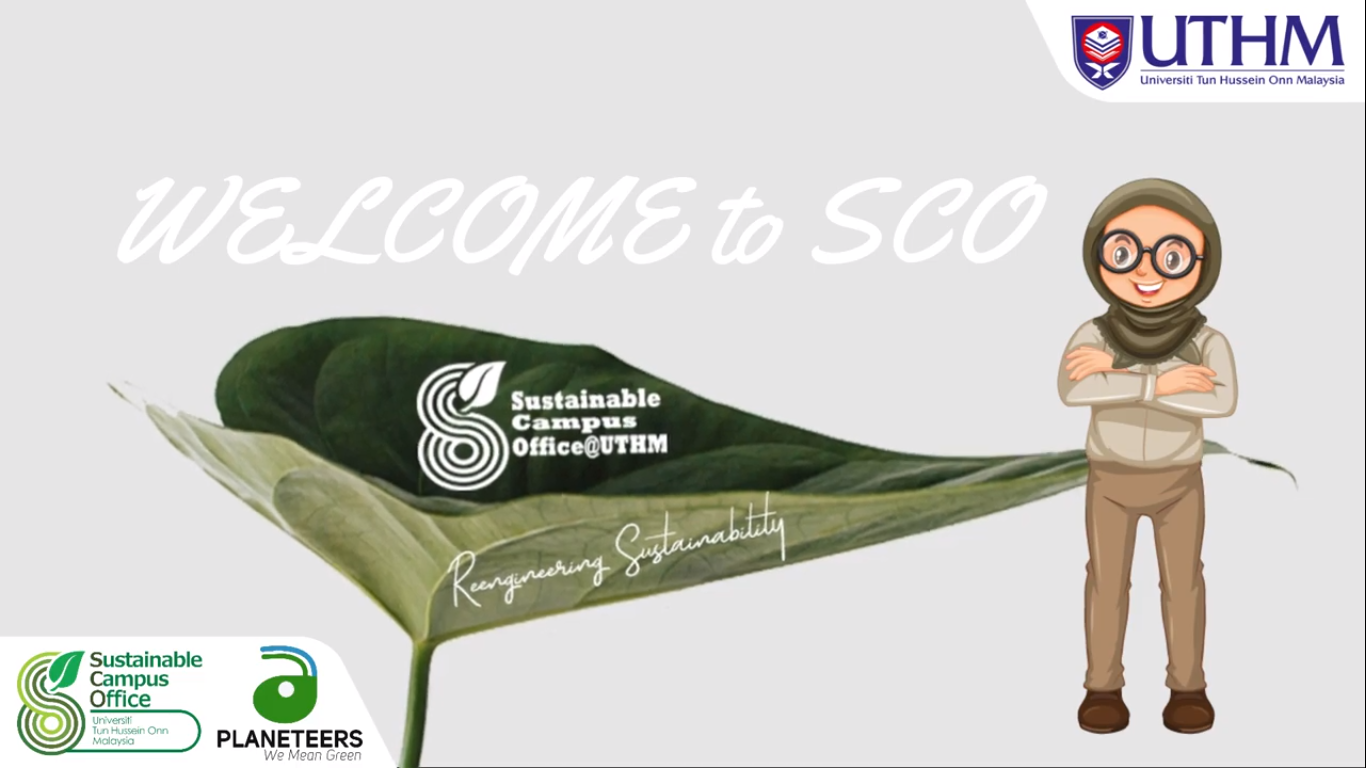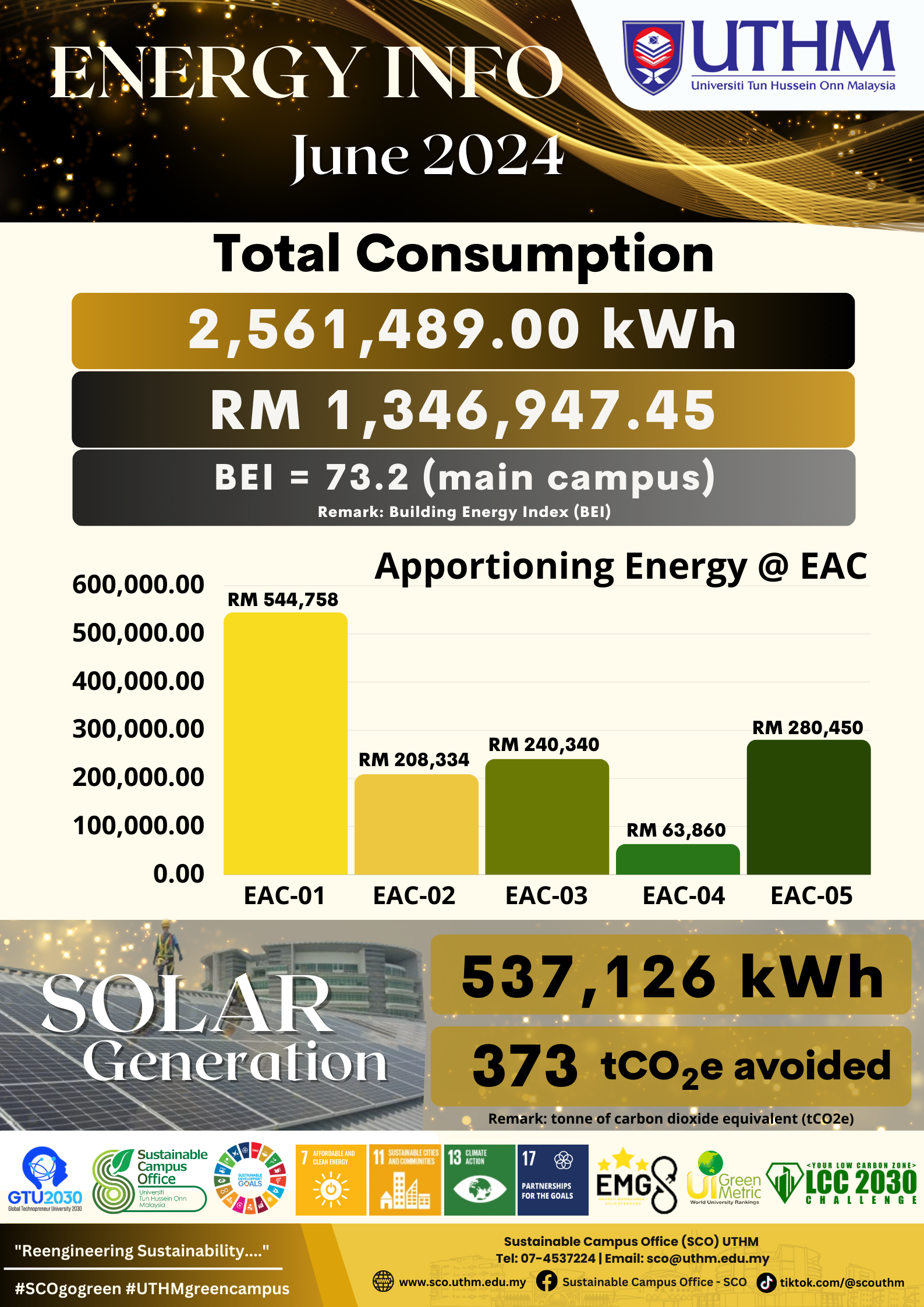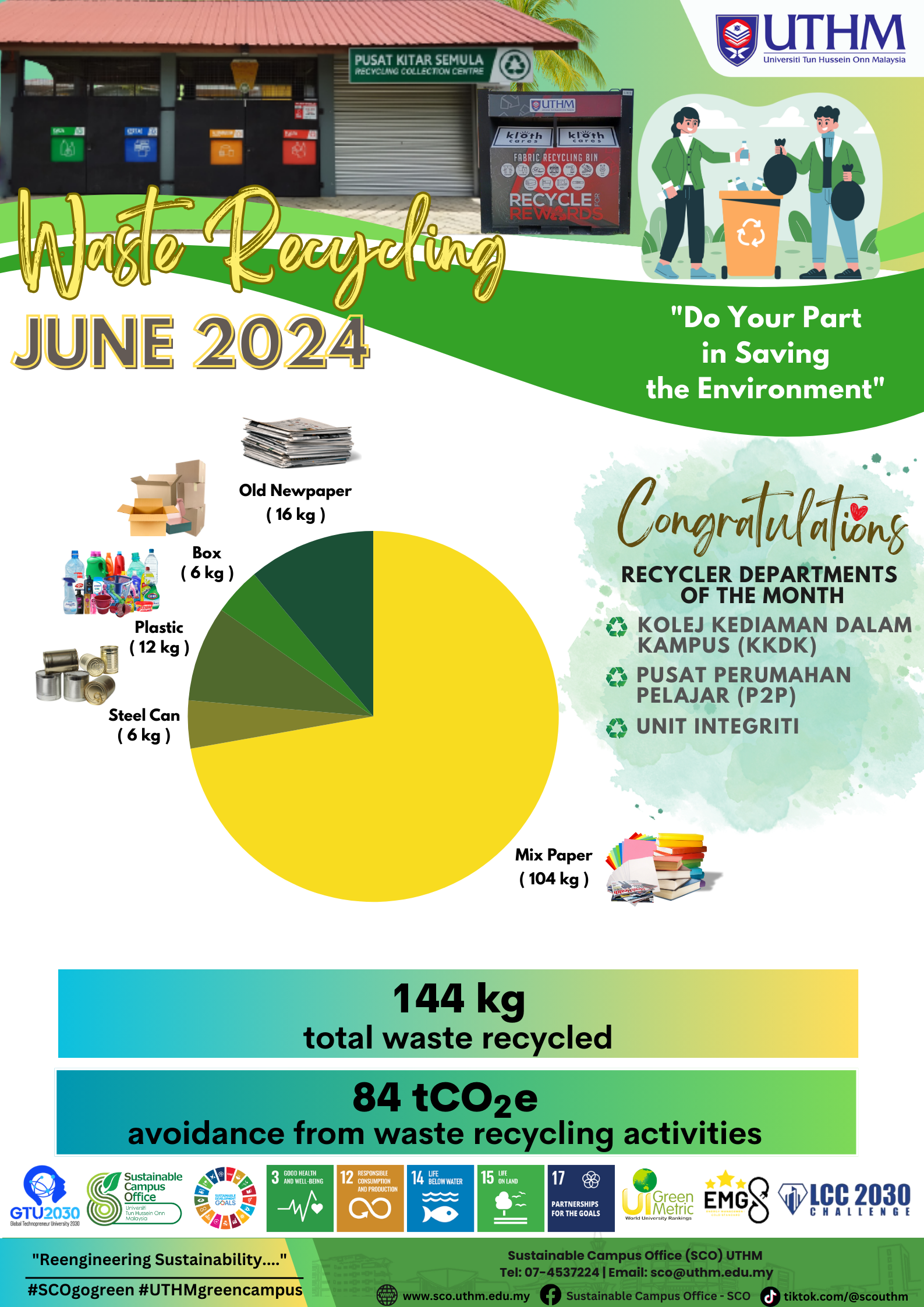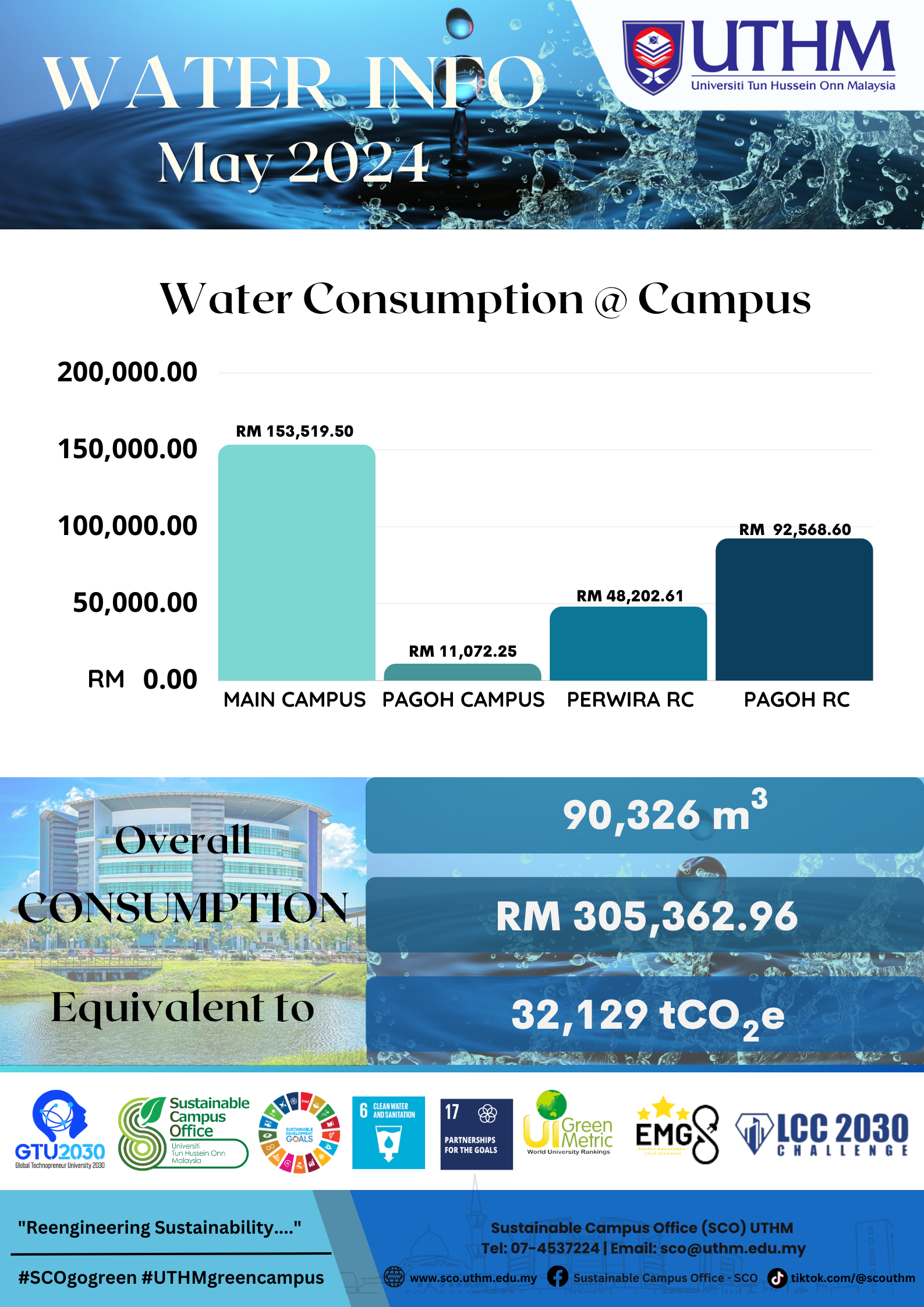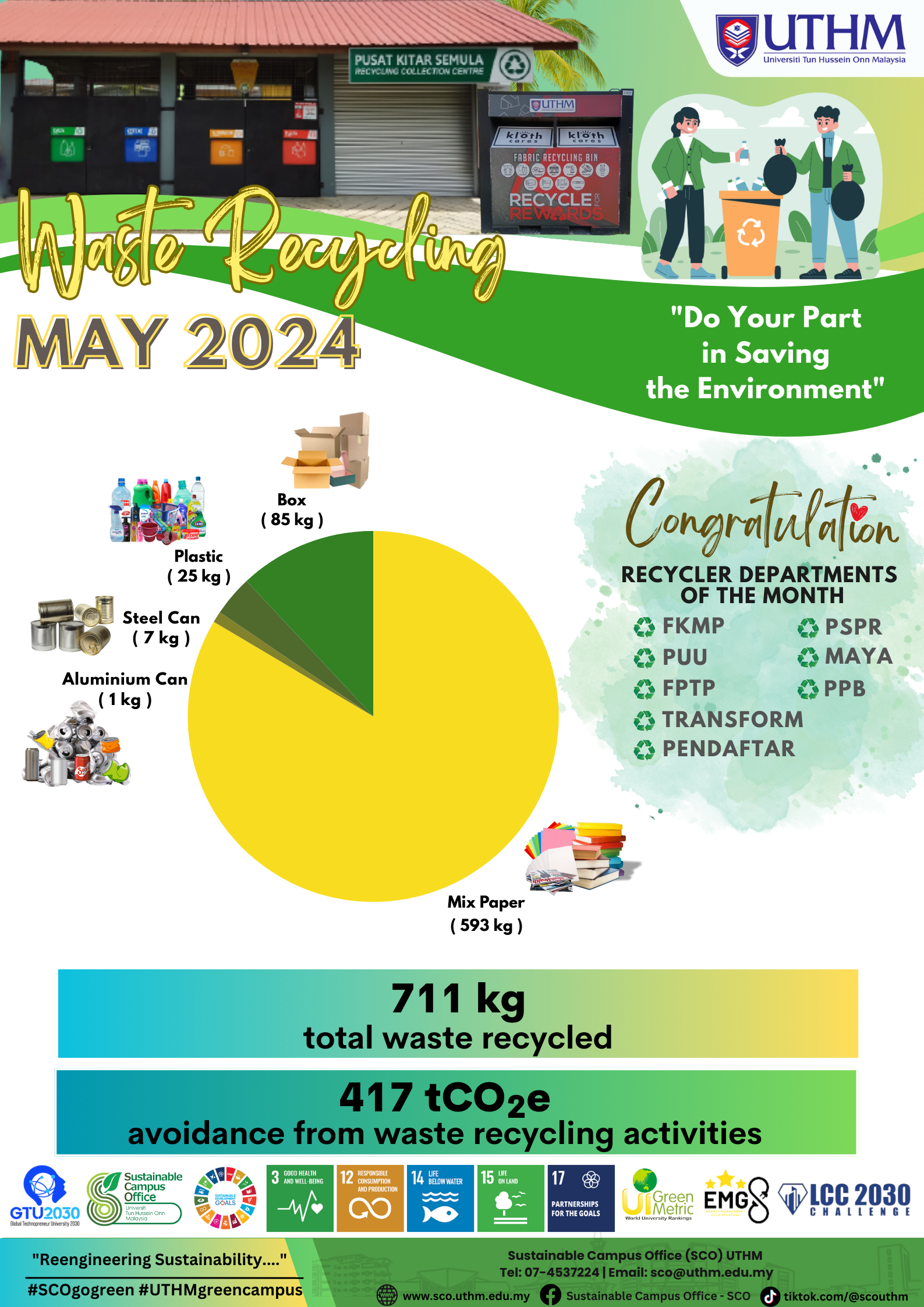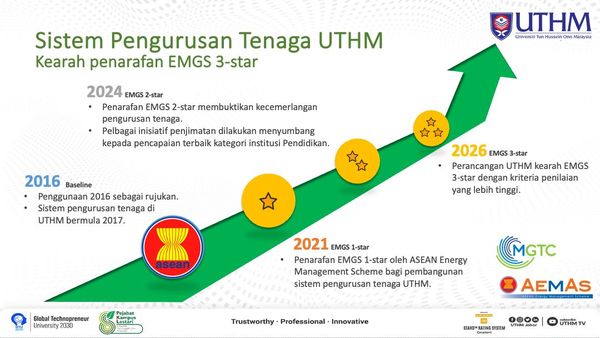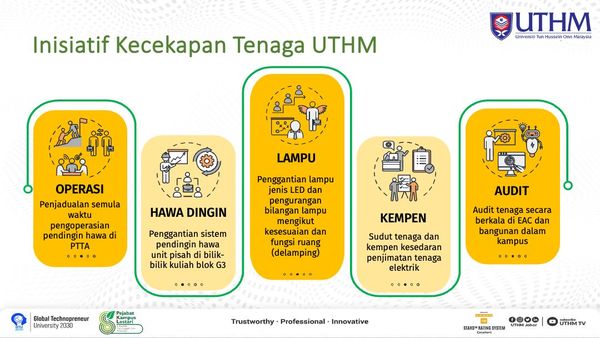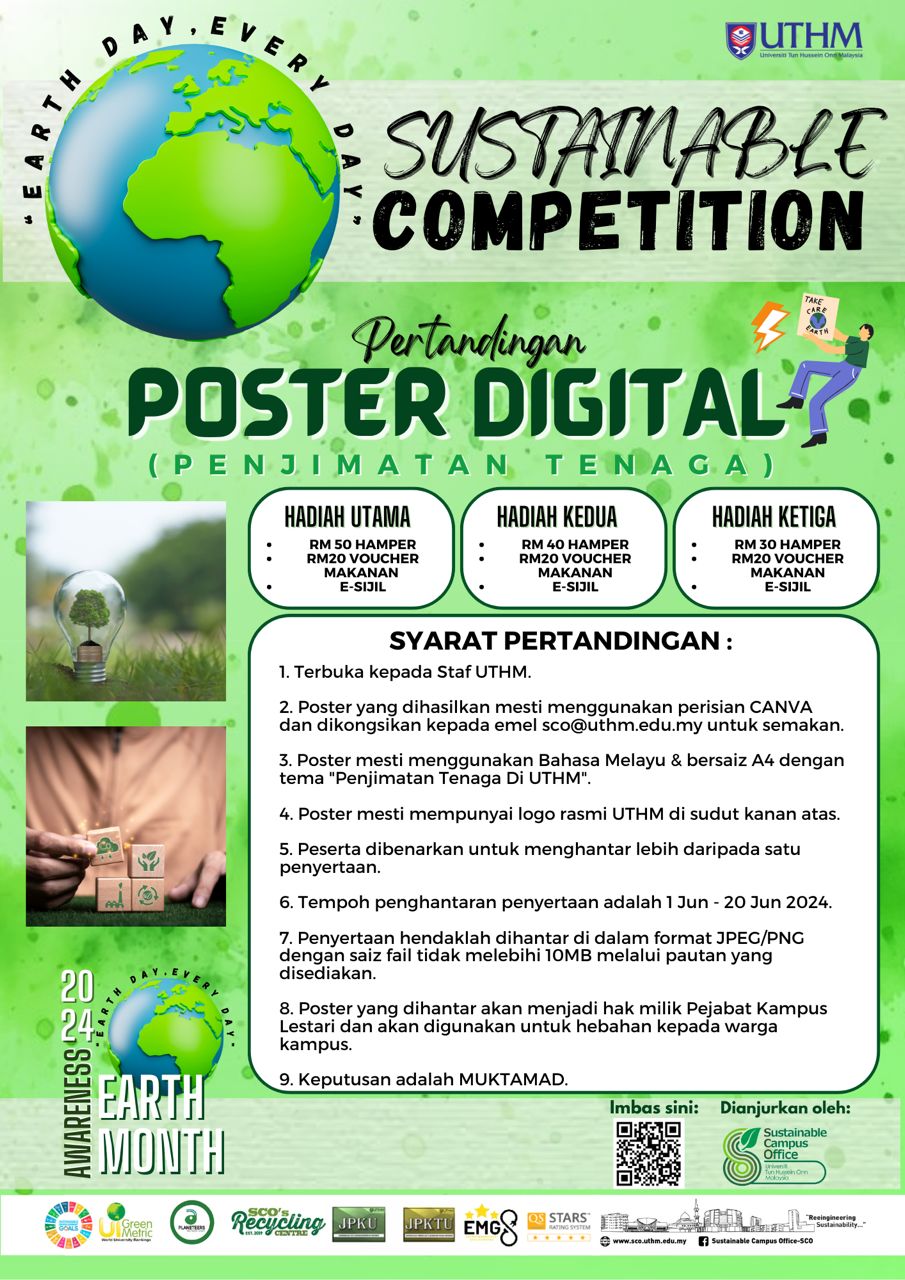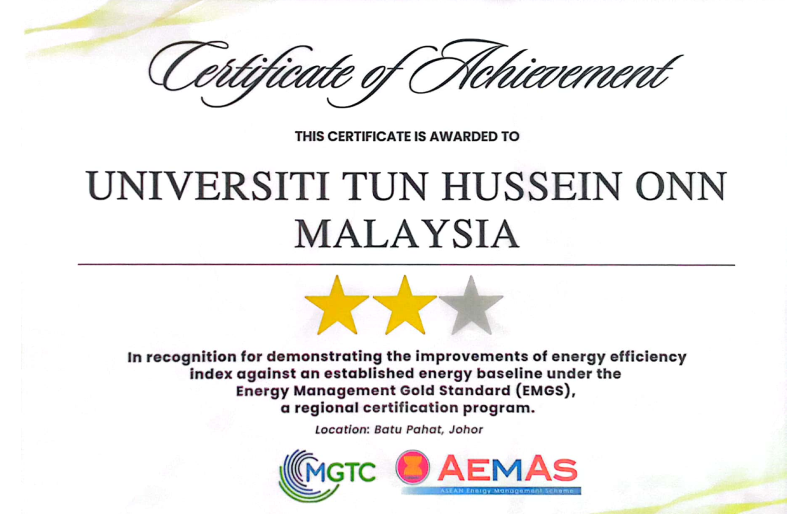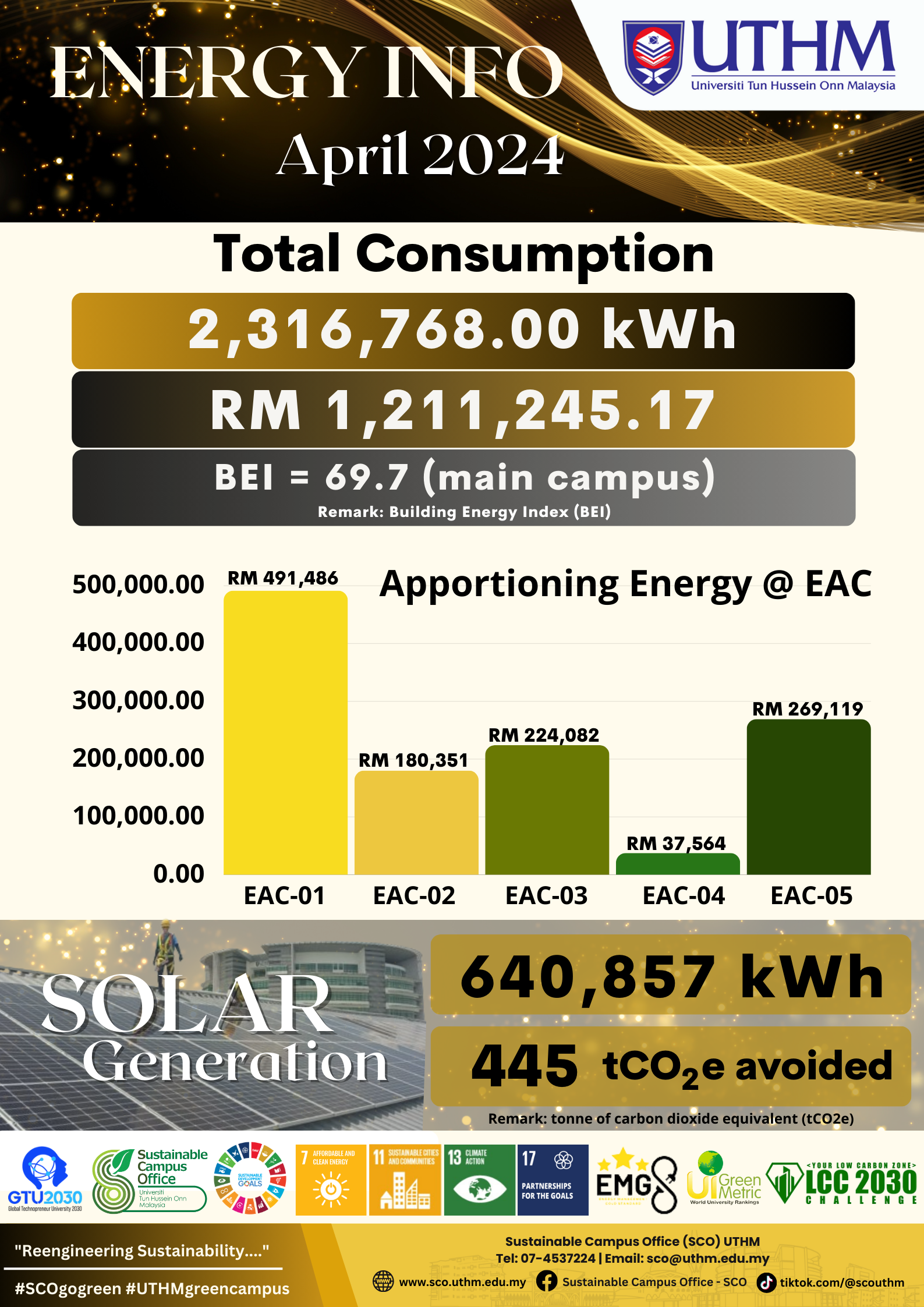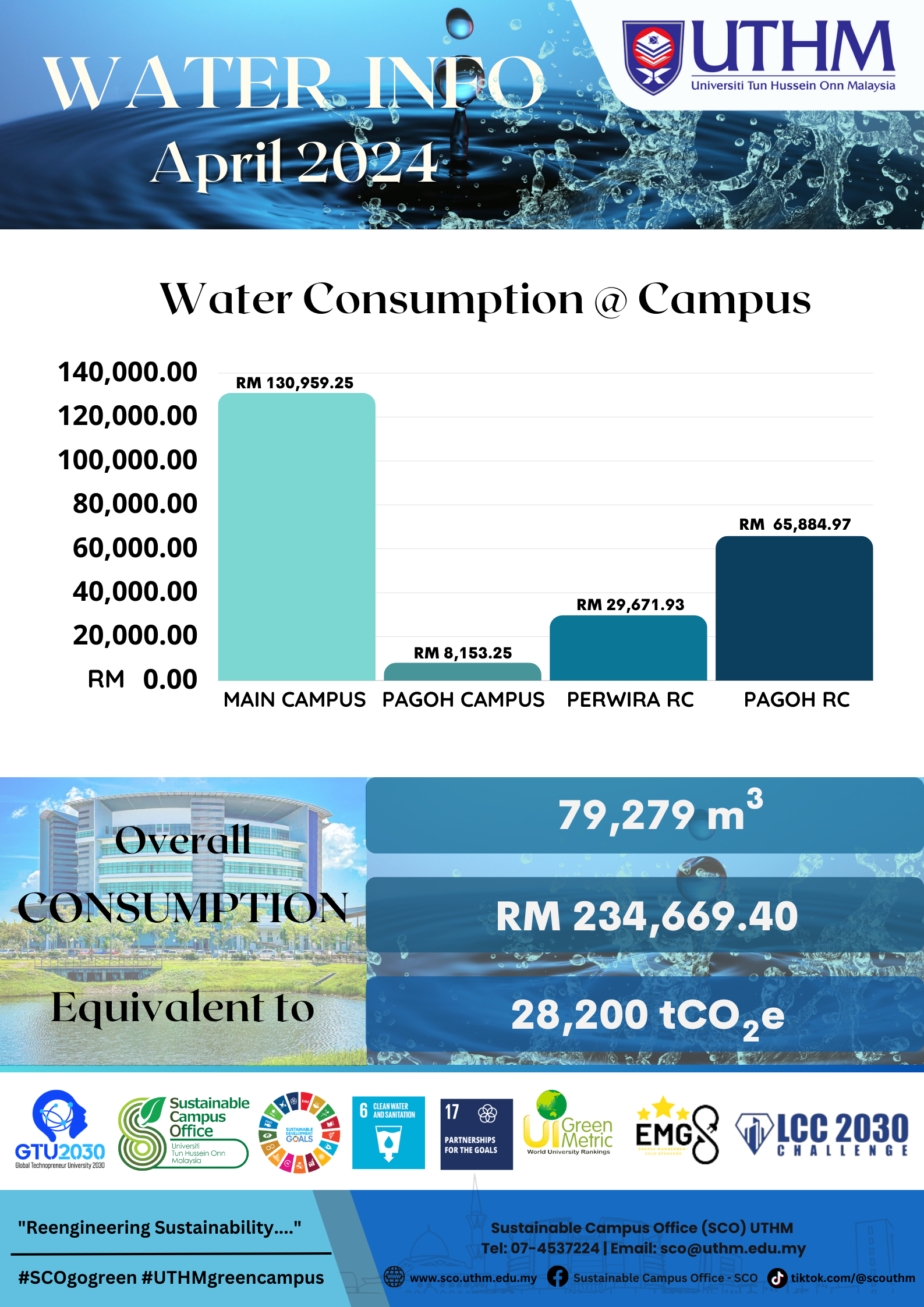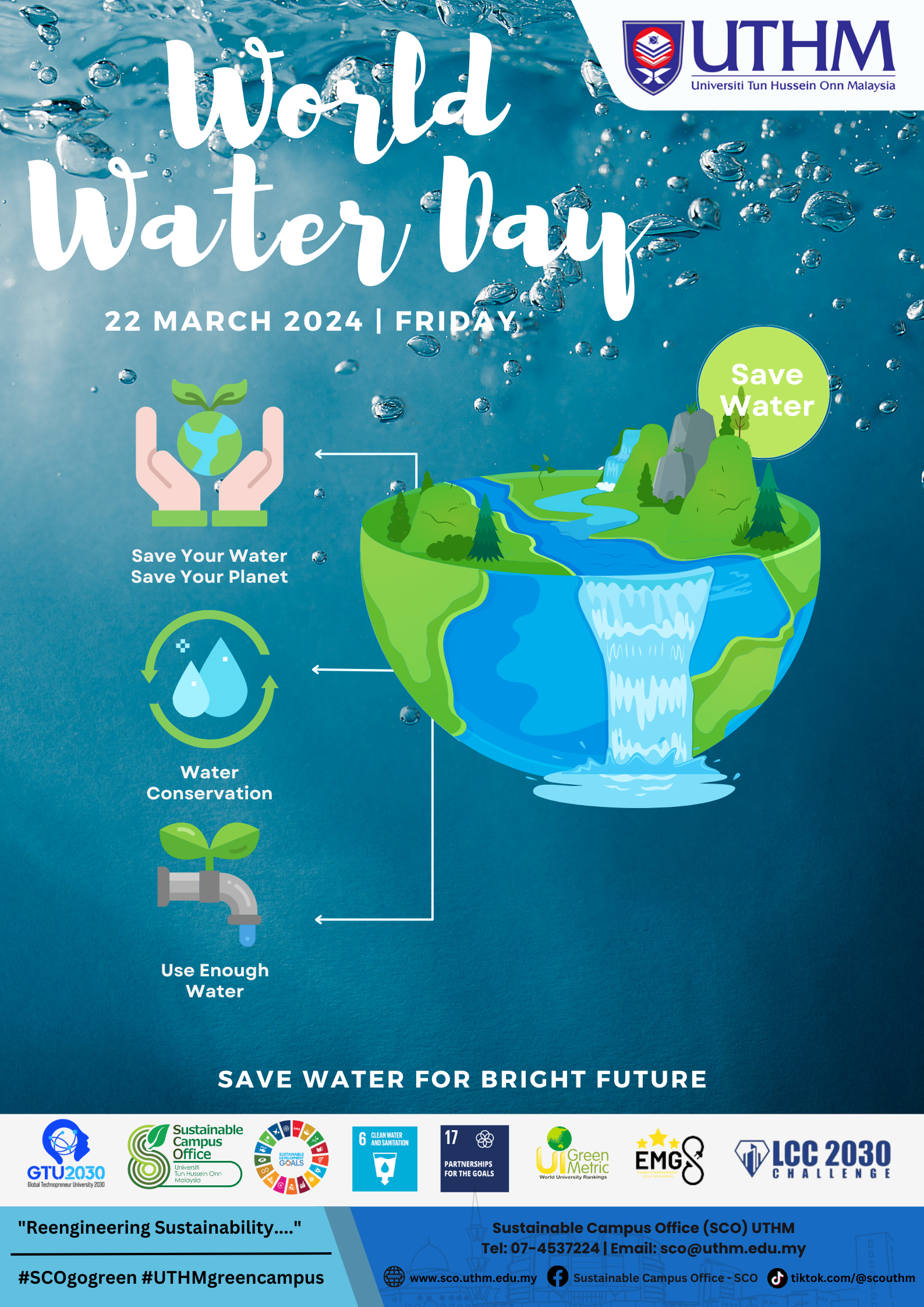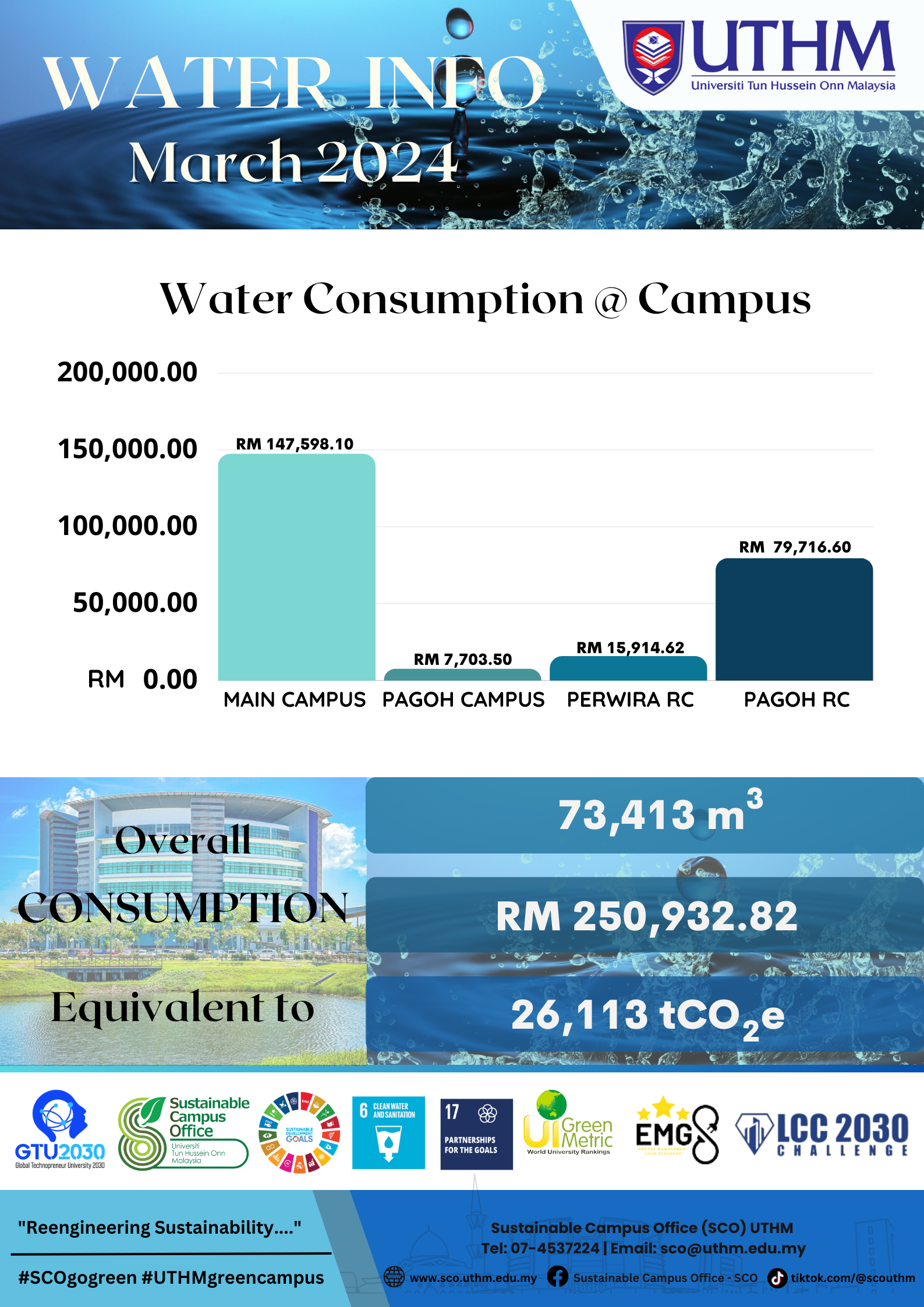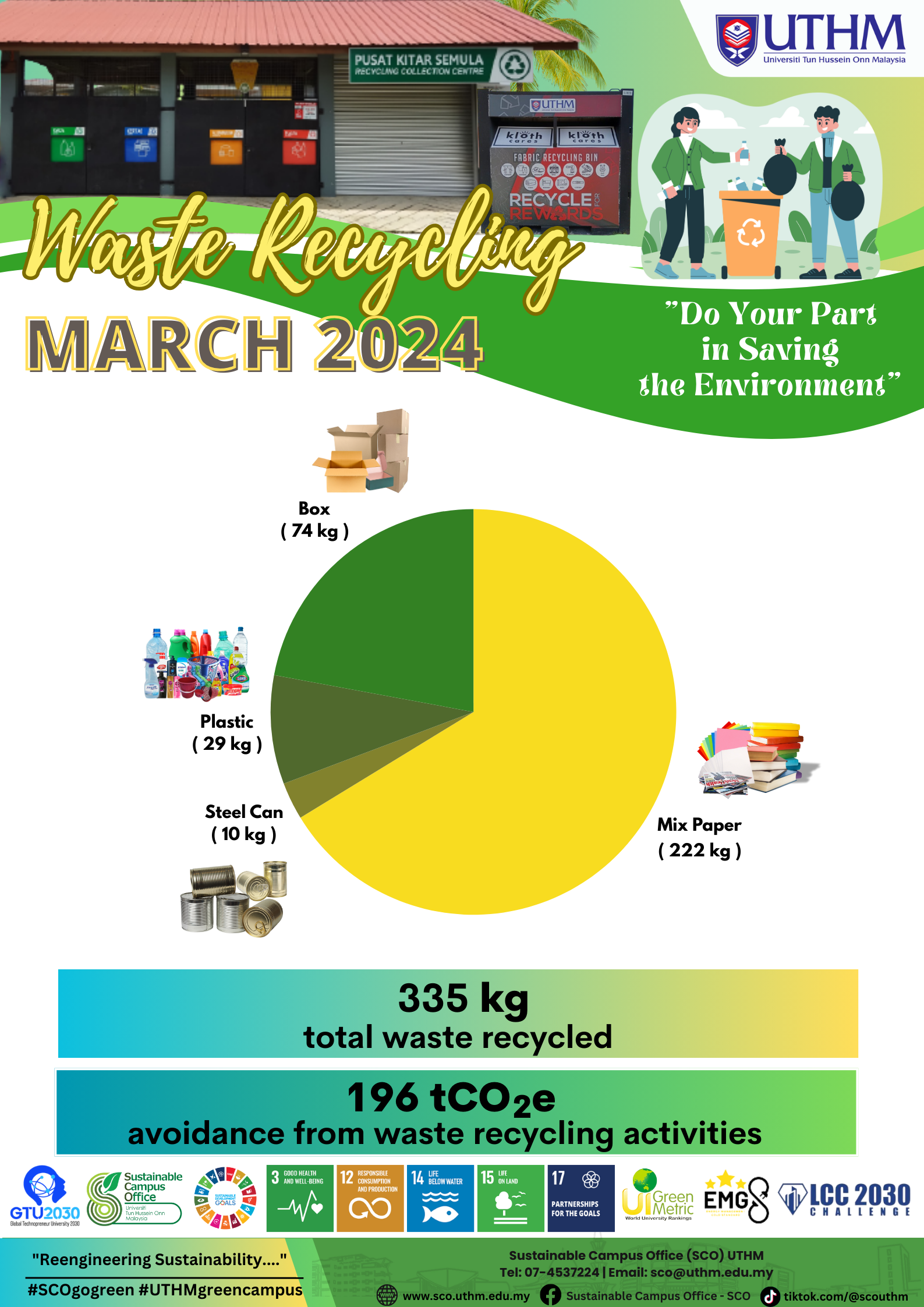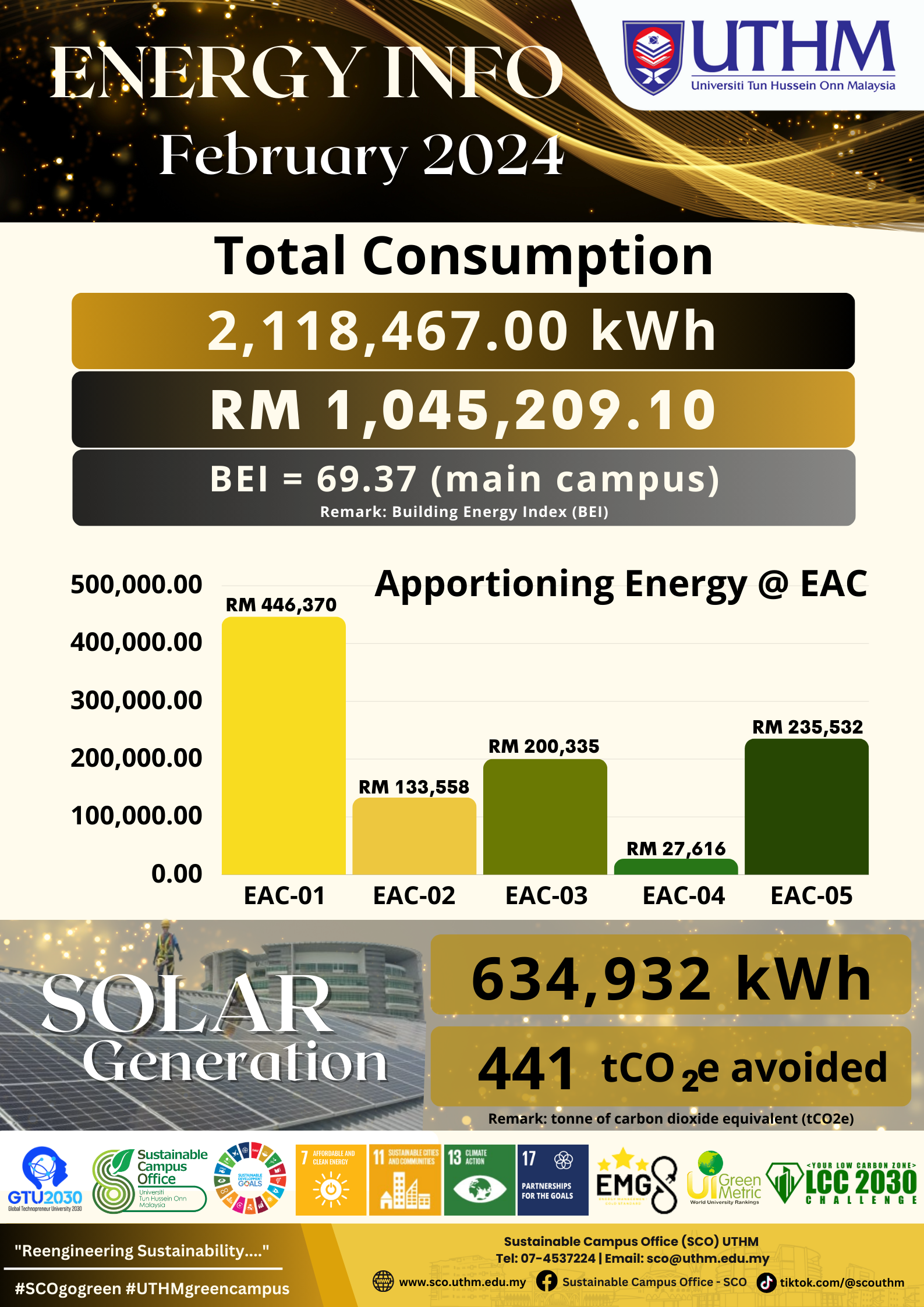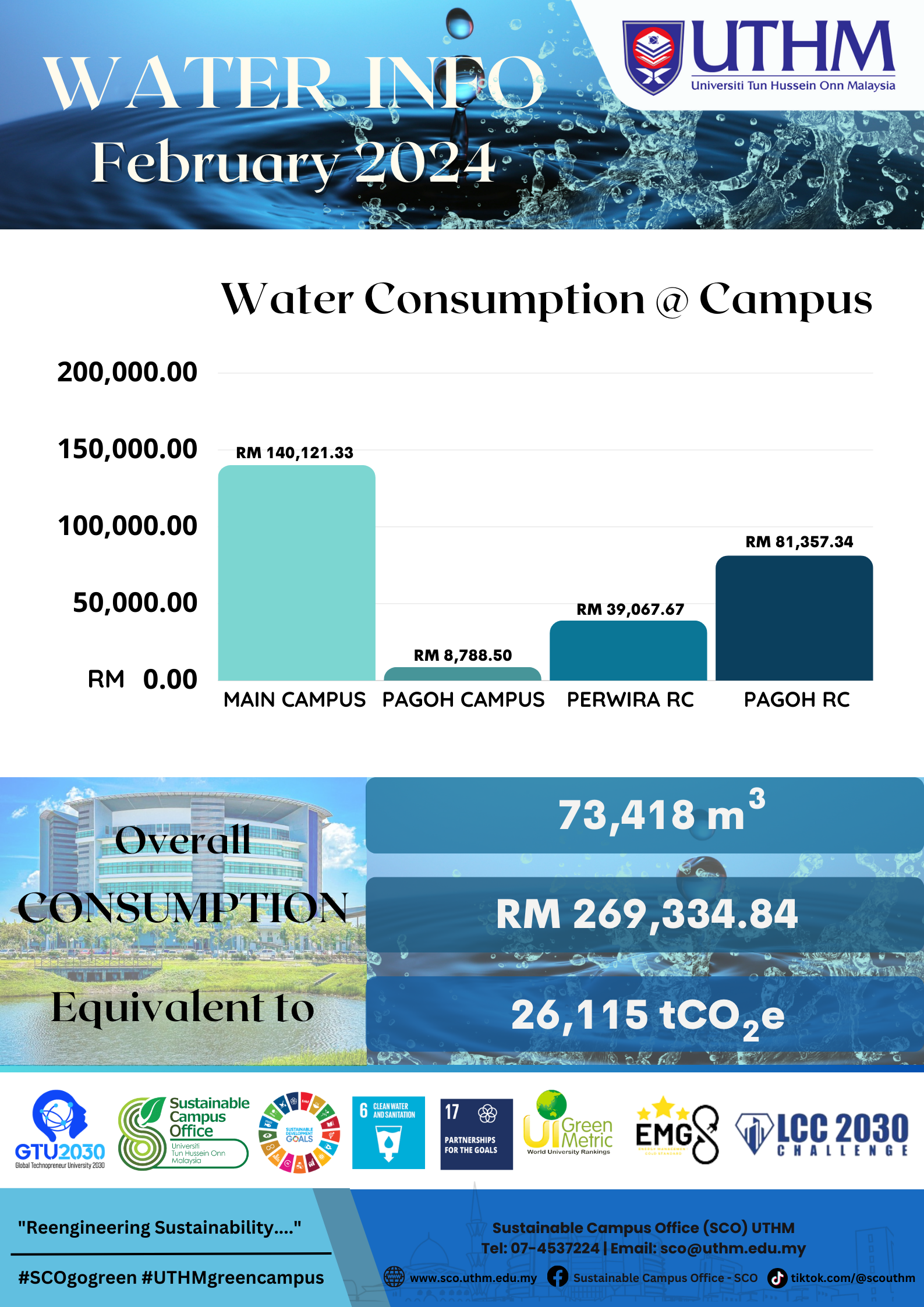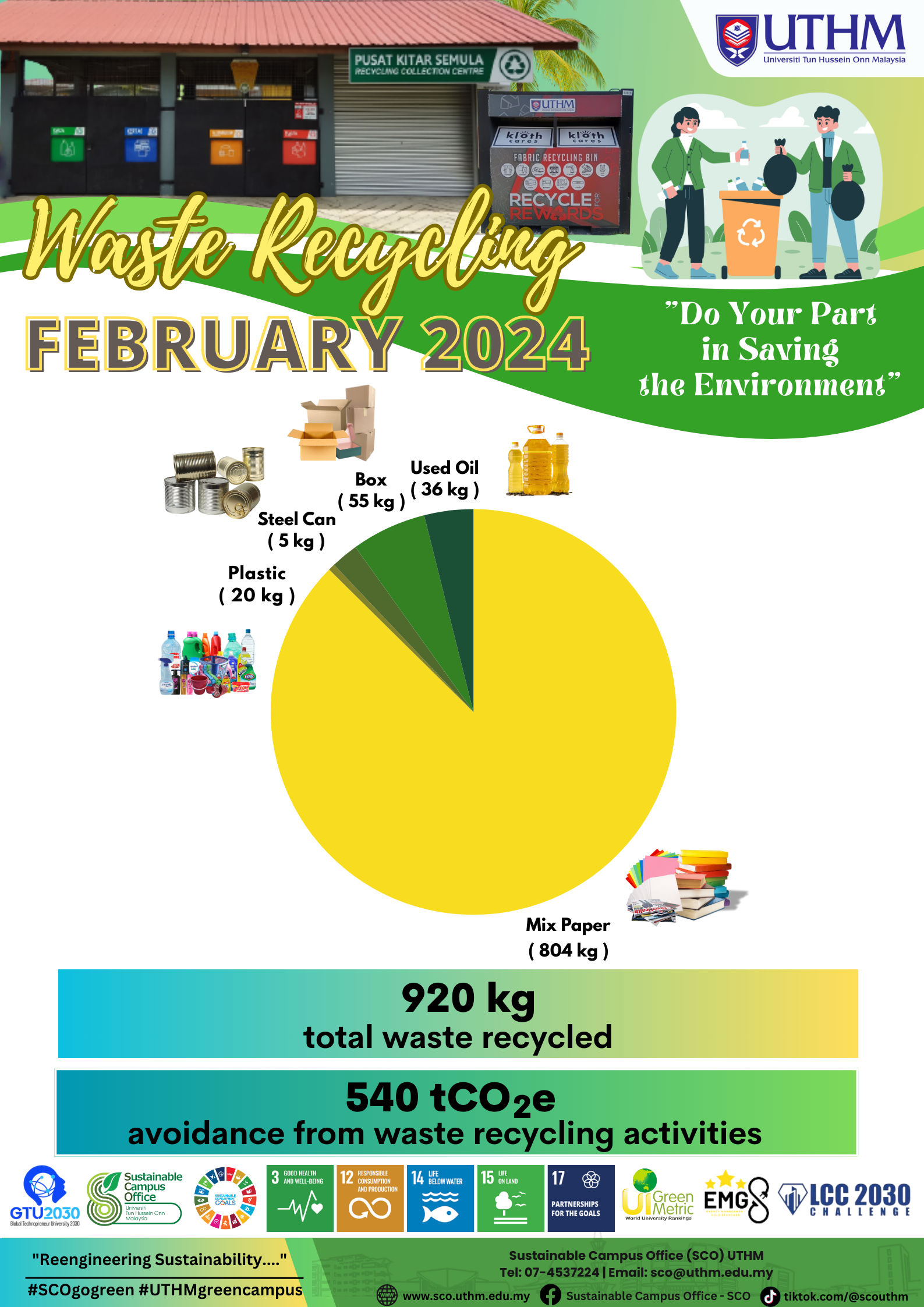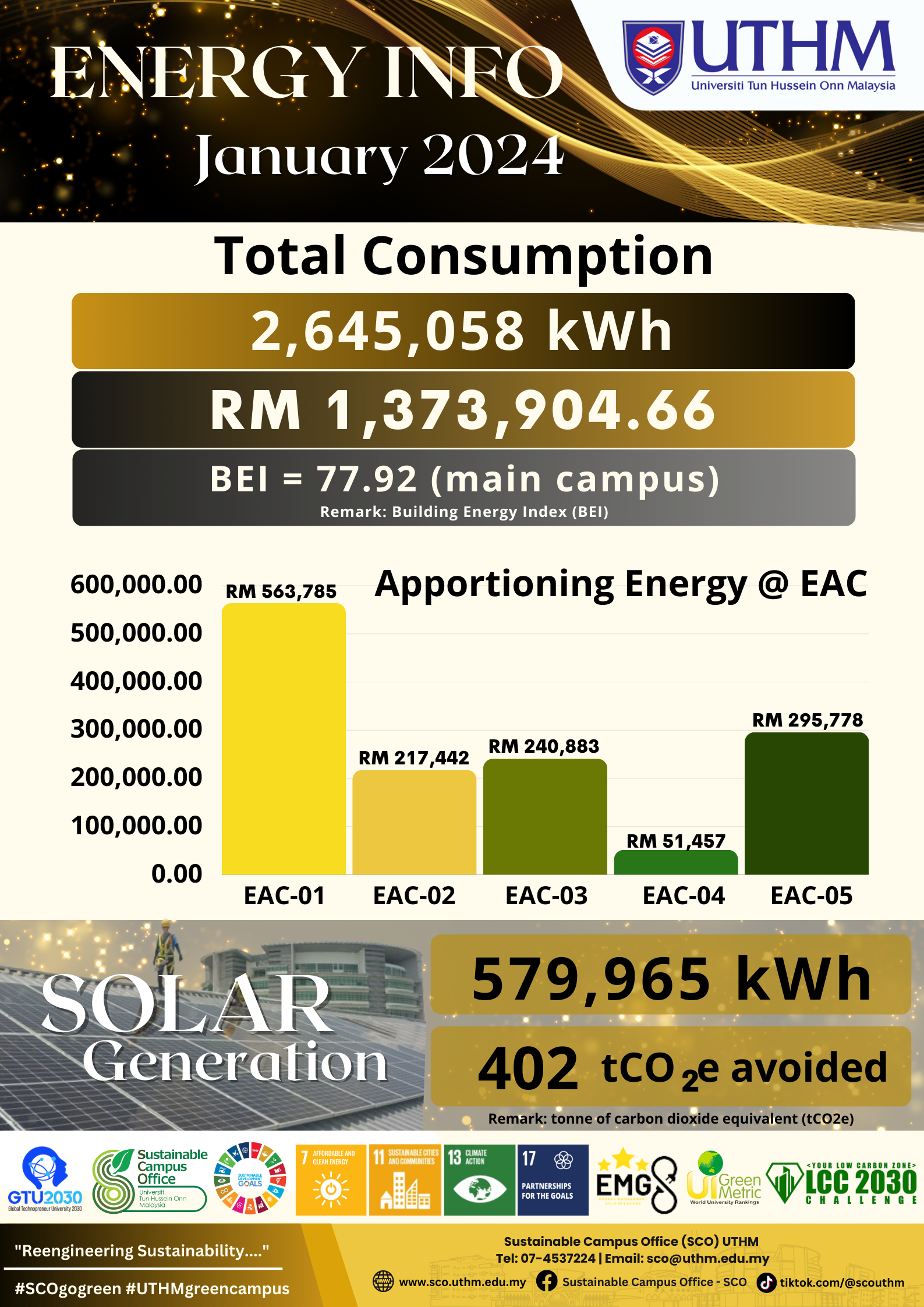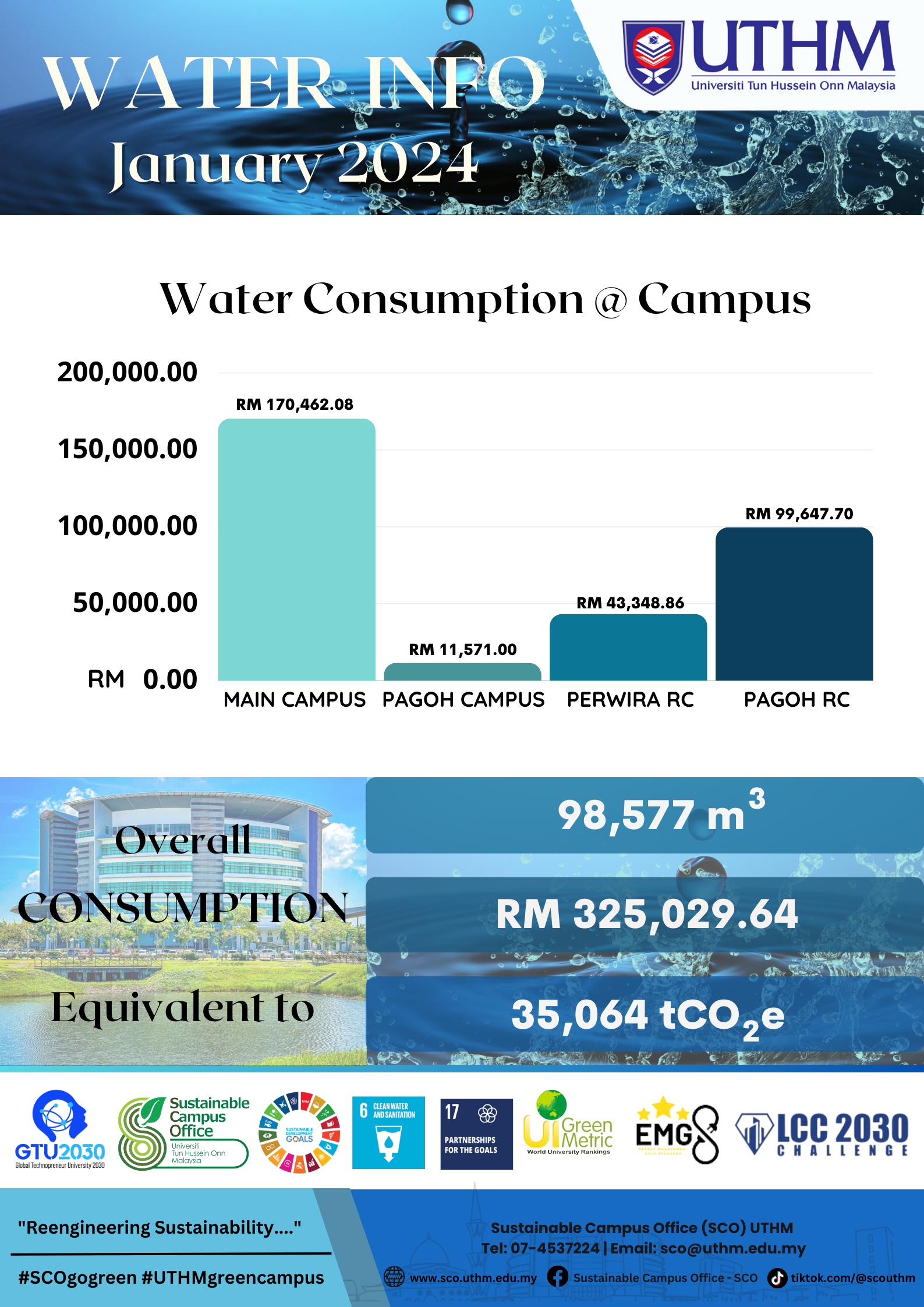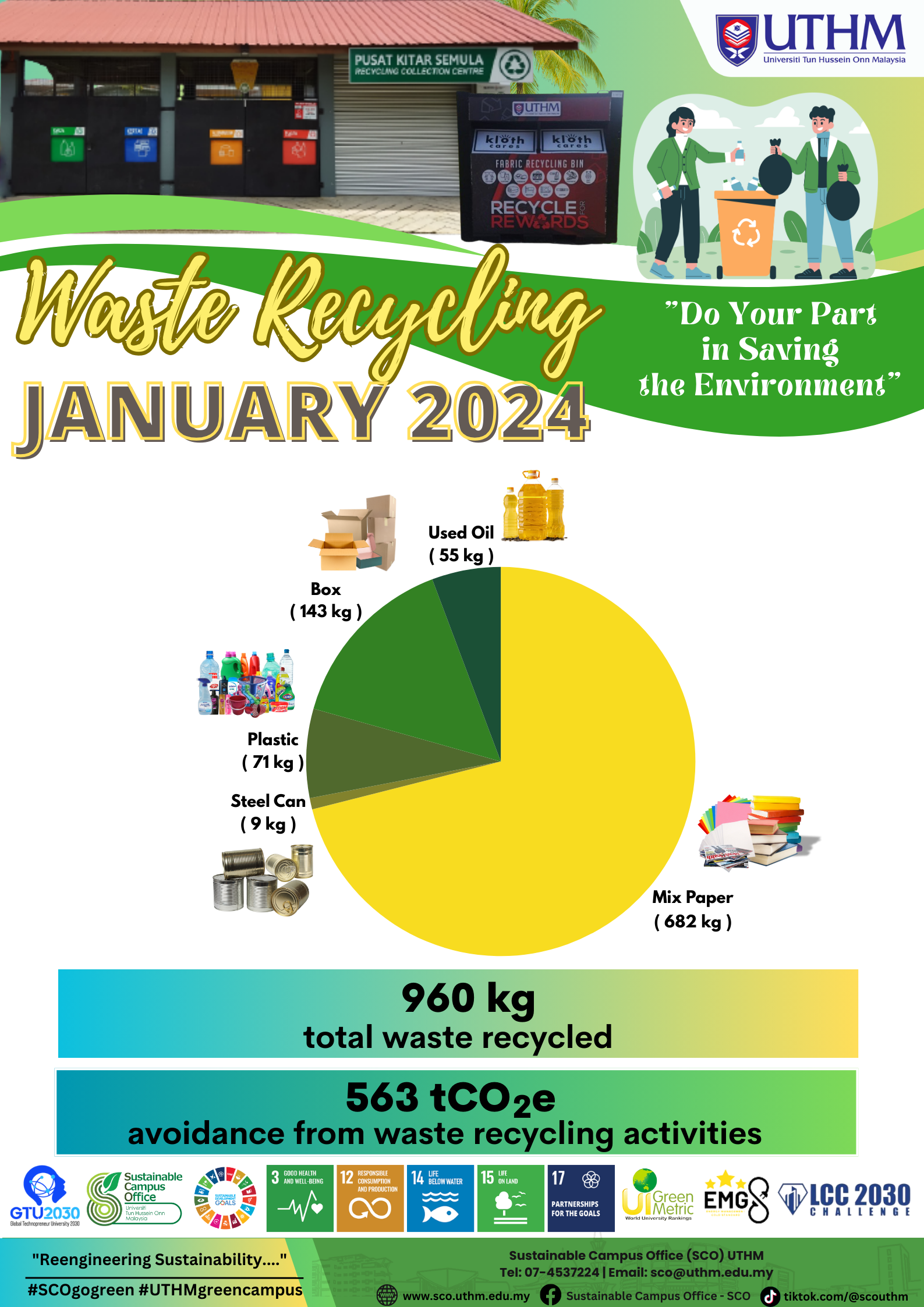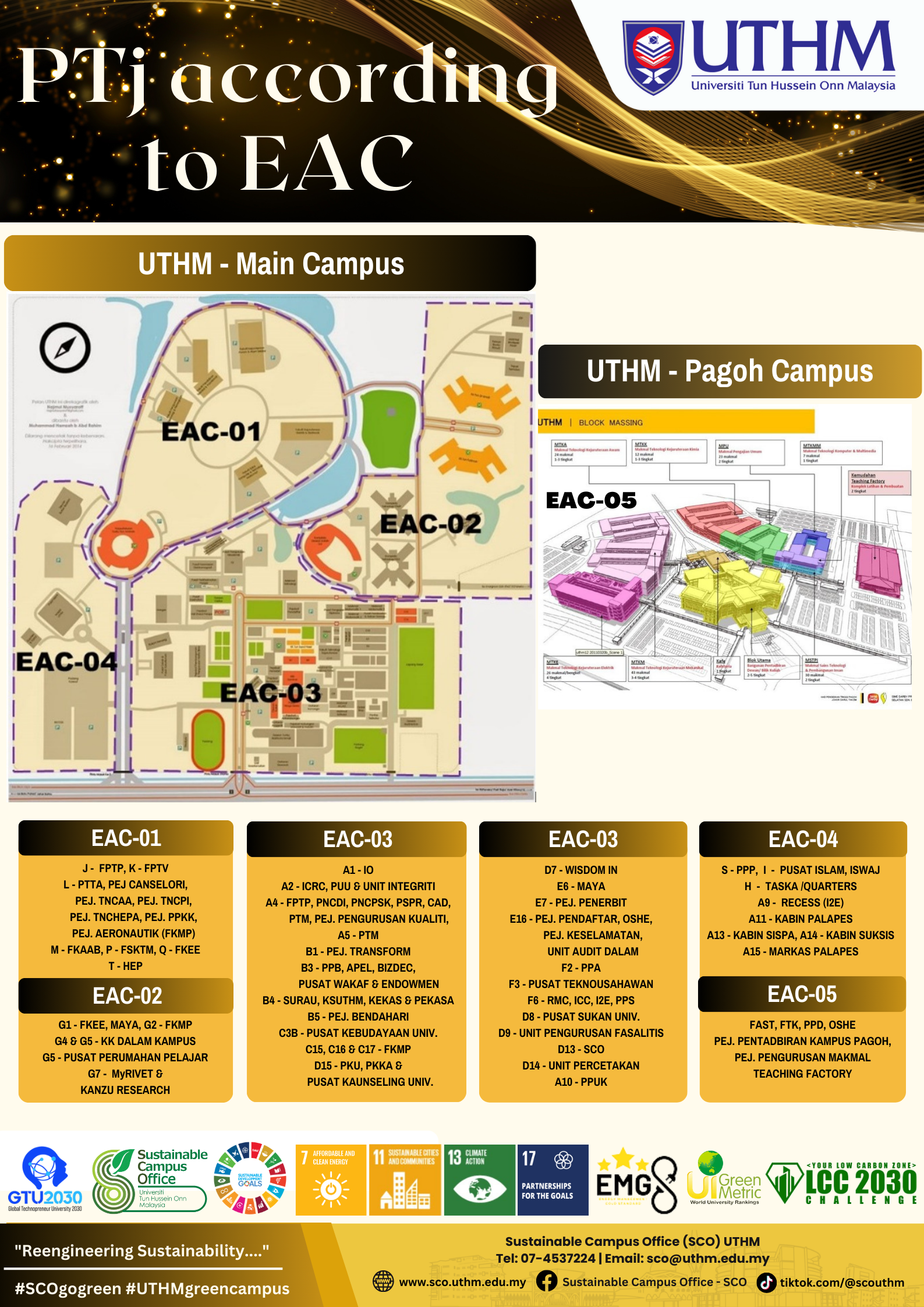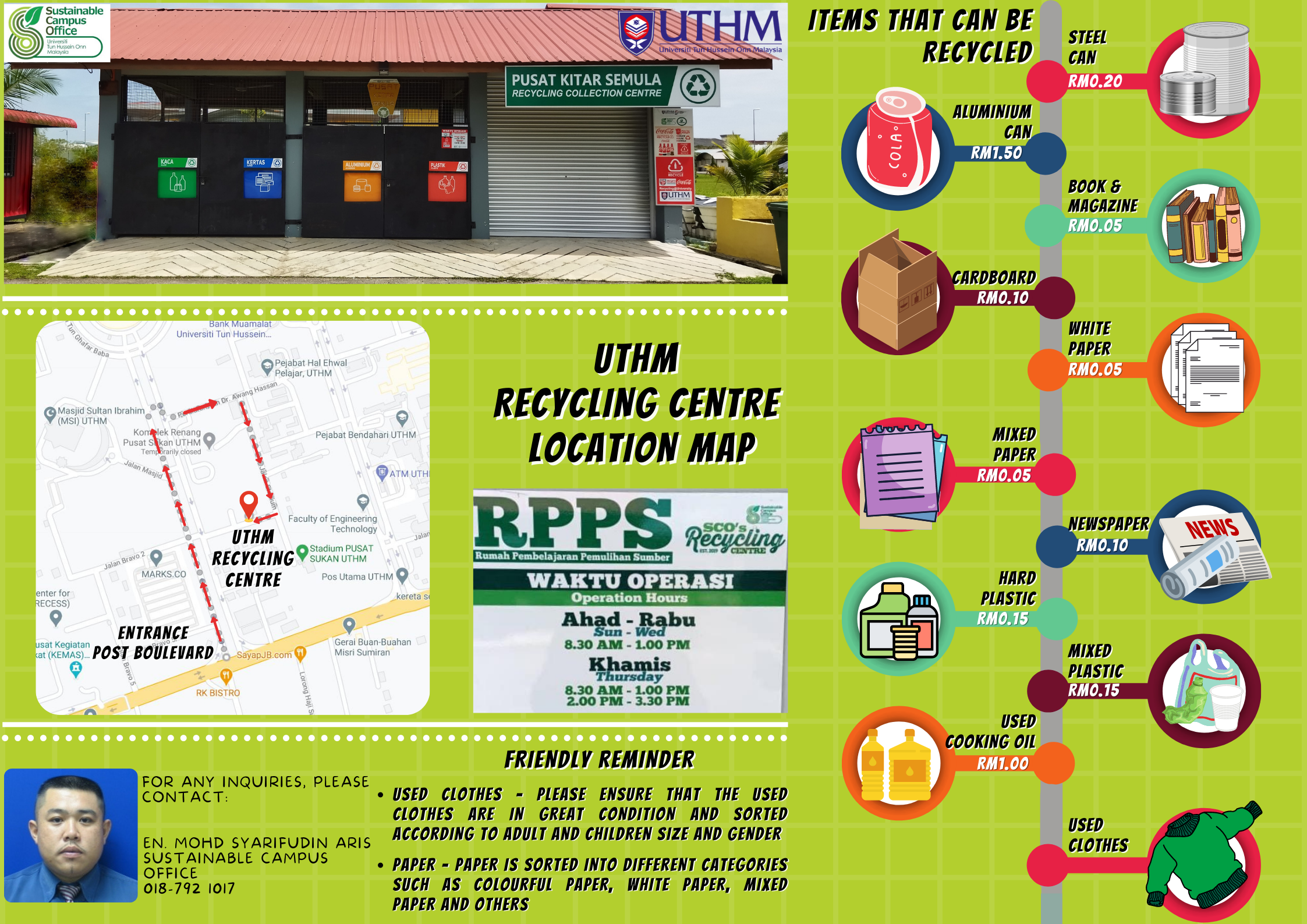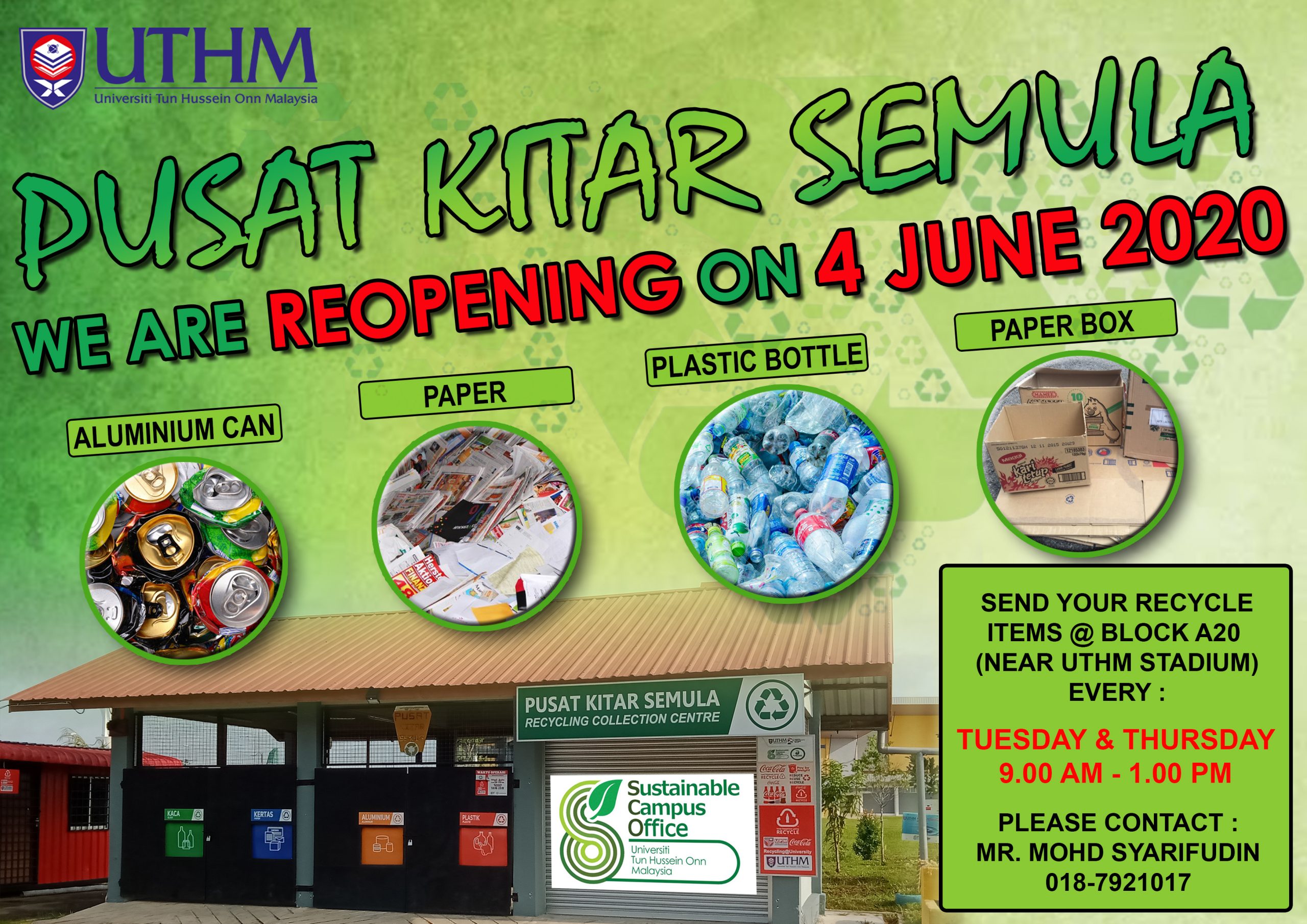COVID-19: Current Challenges and Future Sustainability Opportunities

The Global Assessment on Biodiversity and Ecosystem Services 2019, reported that one-third of the world’s top topsoil degraded, more than 85 percent of the wetlands have been lost, 32 percent of the world’s forest have been destroyed, at least 55% of the ocean area covered by industrial fishing, 33 percent of the fish stocks suffer from overfishing and 83 percent of the freshwater population have been seeing a decline since 1970.
Sadly, due to geopolitics we are left with no solid evidence about the origin of COVID 19. However, there are several proofs that link the loss of habitat and illegal wildlife trade to the increase in animal-borne diseases. These unsustainable practices are causing biodiversity loss and weakening the communities’ resilience.
For the last few weeks, millions of people worldwide are under lockdown conditions due to the COVID-19 pandemic, hundreds of thousands were infected and Thousands lost their lives in many parts of the world. We’ve all borne witness to how this insidious virus is impacting our families, our communities and our very way of life. What we’re facing is daunting, but I am heartened by the moments of triumph in everyday acts of courage, humanity, and love. Although these are tiring times for us all, I remain optimistic that our world will thrive once again.
While The state of things looks less than optimal as not only, the globe is facing health crises but it’s also looking at a deep economic recession due to the expansive job losses as a result of industry shutdown and restrictions on the flow of goods and people. Naturally, governments are busy preparing to spend billions on stimulus economical packages with the aim to lessen the severity of the impact on their citizens
If there were any bright side of COVID-19, it would be the positive impact it has on our planet. Due to the lockdown globally, and limited movement, several positive findings were reported on earth healing, reduction of emissions, a decrease of road accidents, and a drop of greenhouse gases which might slow climate change and less disposal of waste in waterways made it clearer.
The drastic reduction of environmental pollution will eventually lessen the negative impact on our health and lower the cost of healthcare. In addition, the great majority of the global armed conflicts ceased naturally which also preserved human lives.
So what’s the way forward? All of us wherever we are, we should see this crisis as a motivator for new change in our lives in pursuit of sustainable living and here are some potential future opportunities. We had an opportunity to see how our world will be and how a cleaner planet is our collective responsibility and it’s actually within reach.
Among the tools at our disposal are the digital economy should be seen as a driver for innovation and competitiveness which can be strengthened by global cooperation. Most if not all companies have already taken advantage of work remotely and many reported success and lowered costs. Economical activities and services should be localized to avoid the global market disruption which might become a national security threat as we have come to see over and over since the spread of the COVID19 virus
Another of these tools is the online education will provide accessible and affordable learning platforms for knowledge seekers and will ease international networking for academic collaboration. Not only will it save money, but it will also lessen the negative impact on our planet and preserve our resources. Education policies should be aligned with the emerging dynamics online learning platforms to facilitate and ease the whole process for learners anywhere.
Sustainable agriculture, local urban farms and bio pesticides will be a promising matrix to cut food waste and also achieve local food security, while saving water and reducing chemical pesticides use.
Environmental and personal hygiene awareness should be a basic knowledge to be offered starting from kindergarten. Preserving the environment should not be seen as an economic burden, rather as an opportunity for business sustainability, the clear example is recycling and waste to energy approach (Waste to Wealth).
Furthermore, reduction of pollution is a collective responsibility, government, industries, communities and NGO’s, because as we see now, all of us are paying the costly price of neglecting the environment. Governmental incentives or tax reduction coupled with solid environmental regulations and policies will facilitate pollution control by the industries.
Working from home might be practiced at least for part of the week, as proved by recent studies that it’s more productive than working from office. This practice will reduce traffic congestion, accidents, reduce emissions, save energy, improve human mental health and strengthen family bonding. But it will also allow companies to spend less on office rental, health expenses and office supplies.
For the above-mentioned opportunities to prosper and produce fruitful outcomes, there is a need for a stable political environment, strong legal and enforcement system and generous government budgets for health, education and IT infrastructure.
If anything that was made crystal clear out of this global health crisis is that the multi-trillion military budgets were a waste of resources allocation as they appear to have served no one at this pandemic crisis even among the developed nations. Which Is why going back to business, as usual, won’t make any of us any safer, so all of us have to adapt and re-calibrate.
Last but not Least, a healthy ecosystem is a foundation for sustainable economic growth and stable societal well-being. The sooner we realize that, the sooner we can come together and heal. – AlHijrah Online
Written by:
Dr Wesam Al Madhoun
Prof Madya Dr Rafidah Hamdan
Micro-pollutant Research Centre (MPRC),
Faculty of Civil Engineering and Built Environment, UTHM
Source: https://thepolicytimes.com/covid-19-current-challenges-and-future-sustainability-opportunities/
